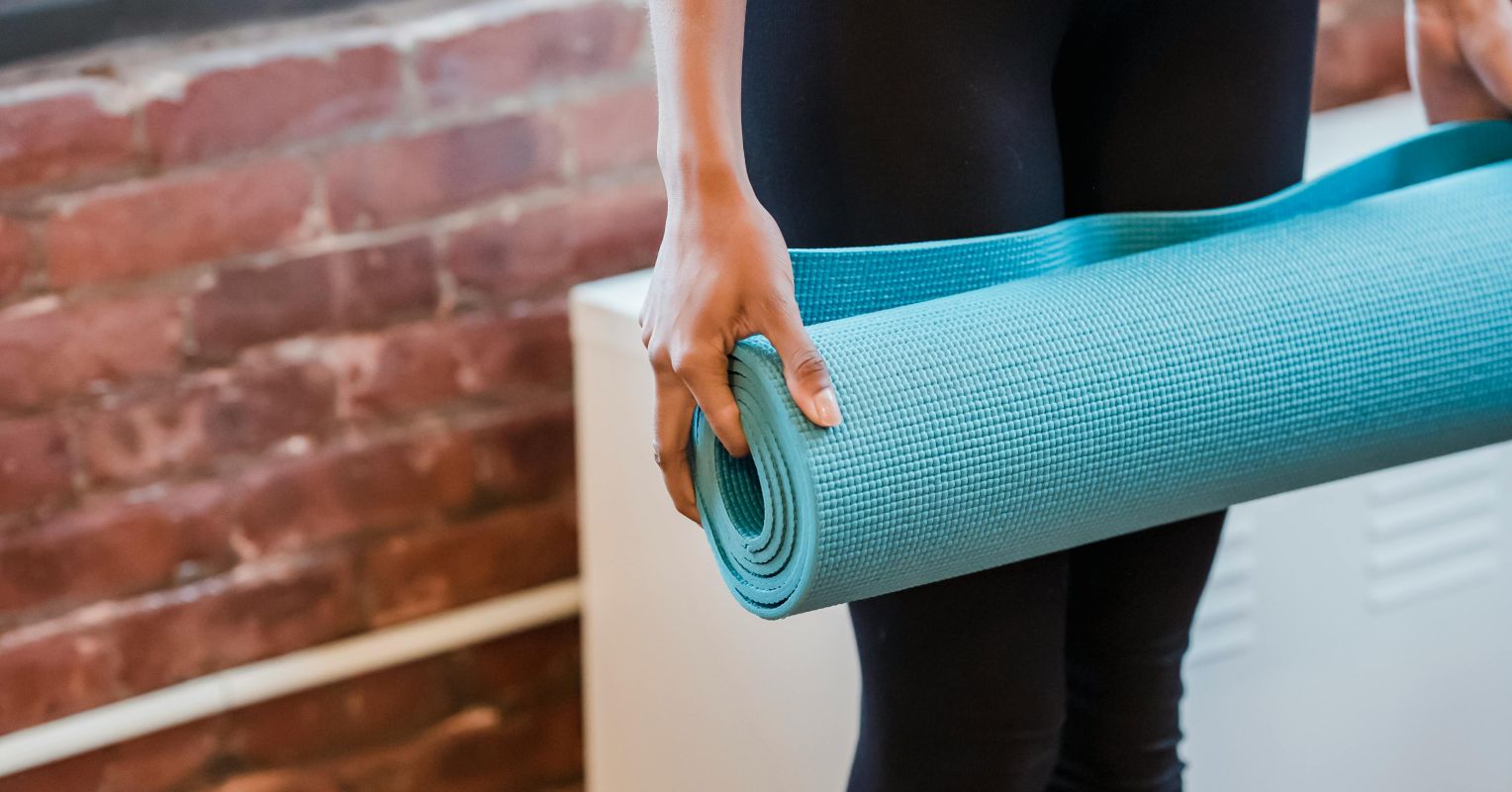Many exercisers enter the gym to give their minds a break. They may listen to music to disengage from what they are doing to endure the monotony of exercise that they need to do to lose weight or tone up—to turn mindless. Being mindful, however, is now considered an important element of a good workout. What is the role of mindfulness when many exercisers prefer not to think about what they have to do?
Mindfulness
There are many ways to include mindfulness in an exercise routine. As one example, Kayla Hamel with colleagues Hugh McCague and Irina Osminin (2021) looked at how mindfulness may enhance barre exercise. They defined mindfulness “as the practice of focusing attention to the present moment-by-moment experience with an open and non-judgmental attitude” (p. 1158). They hypothesized further that mindful exercise in a group fitness class can enhance positive view of oneself and encourage self-acceptance. This is what they defined as Self-compassion.
Self-compassion
Citing Neff and colleagues (2007), Hamel and colleagues described Self-compassion as:
- Kindness and understanding toward oneself in difficult situations (self-kindness versus self-judgement).
- Perceiving one’s own experiences as part of a larger human experience (common humanity versus isolation).
- Finding a balance between validating and over-identifying with painful thoughts and feelings (mindfulness versus over-identification).
Mindful Group Exercise
Hamel and colleagues tested if mindfulness improved Self-compassion in a class offered by the studio barre3® that markets itself as offering whole-body wellness. The 1-hour classes included:
- A warmup.
- Lower-body, upper-body, and core-strengthening.
- Cardiovascular exercise with an explicit focus on mind–body awareness.
Despite no formal training in mindfulness, the barre3® instructors, the researchers observed, included all three components of Self-compassion in their practice:
- They supported self-kindness by reminding the exercisers to listen to their bodies and honour what their own bodies needed. In addition, the instructors offered breaks, modified the exercises to multiple needs, and acknowledged the participants’ accomplishments throughout the class;
- They promoted common humanity by encouraging collective effort, cueing participants’ breathing and encouraging moving in synchrony for the entire hour-long class;
- They encouraged mindfulness by prompting the participants to focus on specific muscles and sensations as well as on breath throughout the class. For each posture, the instructors cued body positioning starting with the feet and working up towards the head.
To test if this approach to exercise increased Self-compassion and a positive view of oneself, the researchers had 22 women exercisers in the class fill out:
- Self-compassion scale.
- The Freiburg Mindfulness inventory.
- Single item self-esteem scale.
- Self-rated Mental health.
This was done in beginning, four weeks, and eight weeks during the class.
Mindful Exercise Boosts Self-compassion
The results showed that mindful barre3® class participation increased the Self-compassion scores. Although no participant a had high level of self-esteem, it rose. Therefore, mindfulness positively boosted Self-compassion and as a result, positive view of the self.
Hamel and colleagues’ study suggests that mindful exercise with aerobic and strength training elements can improve Self-compassion. In this fitness context, increased Self-compassion can eliminate negative self-thought if the exercisers listen to the needs of their bodies and acknowledge their accomplishments. These mindful workouts, then, can confer unique Mental health benefits. In this understanding of mindfulness, what exercises one does is not central as long as one learns to sense the muscles used and feels good about what one has achieved.
Mindful group fitness classes, the researchers advocated, can serve as easily accessible, cost-effective tools that individuals can use for living healthily. Mindful exercise, thus, offers a way to improve both mental and physical health. In this approach, mindfulness extends the role of exercise as medicine as a way to prevent illness through individual action towards healthy lifestyle.













